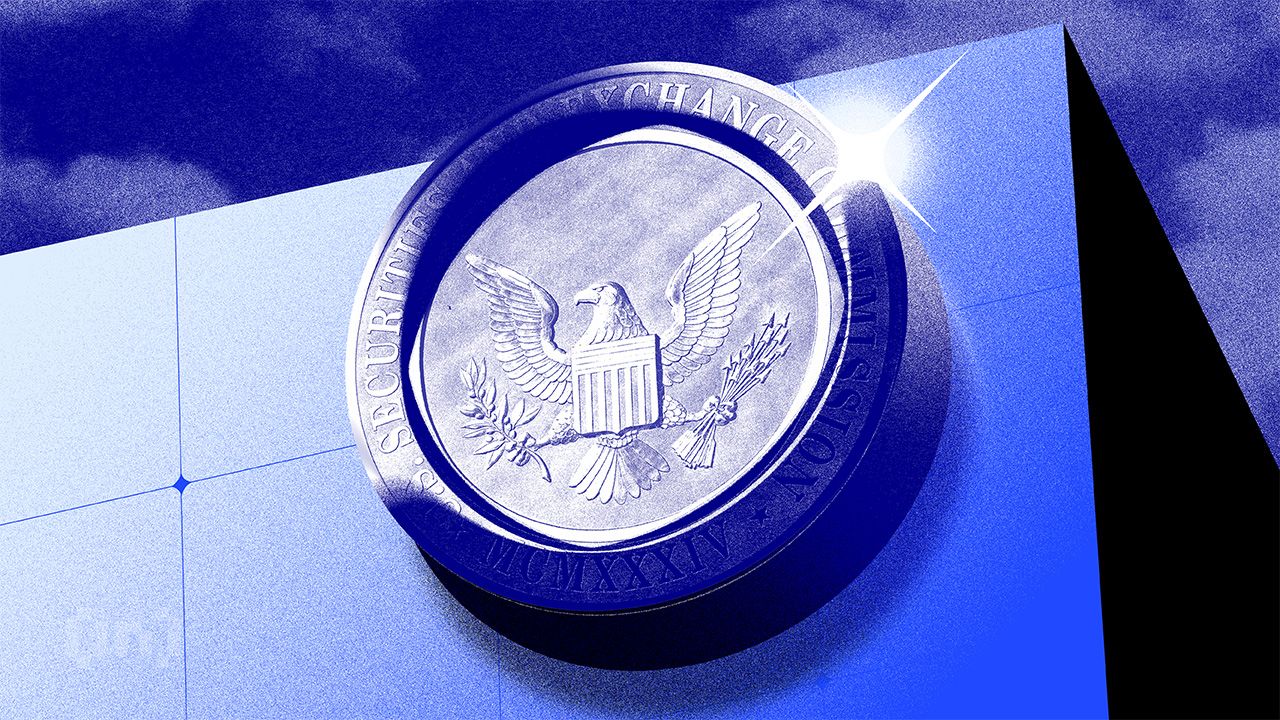Stablecoins Dominate Digital Asset Transactions in Sub-Saharan Africa, Surpassing Bitcoin
A study revealed that stablecoins represented 43% of cryptocurrency transactions in Sub-Saharan Africa in 2024, significantly outpacing bitcoin’s 18.1% share.
Transaction Growth and Nigerian Dominance
According to a study, stablecoins accounted for 43% of cryptocurrency transactions in Sub-Saharan Africa (SSA) in 2024, more than double that of bitcoin (18.1%). Nigeria and South Africa lead the SSA in stablecoin adoption, while Ethiopia, Zambia, Mauritius, Kenya, and Ghana saw the biggest increases in stablecoin use.
Ethiopia and Zambia both recorded year-on-year (YOY) growth in stablecoin use exceeding 100%. The report cites the Ethiopian birr’s devaluation by 30% in July of last year as the likely reason for the country’s 180% increase in stablecoin use.
As shown by study data, small retail transactions (under $1,000) grew by 12.6%, while large retail transactions ($1,000 to $10,000) increased by 10.6%. Large institutional transactions ($10 million and above) saw minimal growth at 0.2%, whereas professional transactions ($10,000 to $1 million) experienced a substantial increase of 60.4%. Overall, the data highlights a significant rise in smaller retail and professional stablecoin transactions.
Nigeria, meanwhile, had by far the largest inflow of stablecoins of any country in SSA, with $20 billion, or 40% of the region’s total inflows. Besides the surge in stablecoin use, Nigeria also saw a notable increase in decentralized finance (DeFi)-related activities.
“In addition to the rising prominence of stablecoins, DeFi is experiencing a major moment in Nigeria, echoing the broader trend of Sub-Saharan Africa as the global leader in DeFi adoption. Nigeria’s crypto activity is largely driven by smaller denomination retail and professional sized transactions, with around 85% of the value of transfers received under $1 million,” the study report said.
The report concludes that as regulatory frameworks become more defined, institutional adoption of DeFi protocols is expected to grow. This may pave the way for a hybrid model in which decentralized platforms operate under centralized oversight, creating new opportunities for traders to pursue yield and arbitrage.
You May Also Like

SEC Approves Generic Listing Standards for Crypto ETFs

US, UK to collaborate on AI, quantum computing, nuclear energy development
US President Donald Trump and UK Prime Minister Keir Starmer signed a memorandum of understanding on Thursday during Trump's state visit to the United Kingdom. The United States and the United Kingdom signed a memorandum of understanding on Thursday to jointly develop artificial intelligence, nuclear energy, telecommunications and quantum computing for a wide range of uses including space travel, military defense, targeted biomedical drugs and medical procedures.The MOU, which is not legally binding and changes no existing agreements between the two countries, proposes joint research initiatives between a host of government departments and agencies in both countries to study these emerging technologies.The two countries will form a task group to develop quantum computing hardware, software, algorithms and interoperability standards, according to the MOU.Read more
